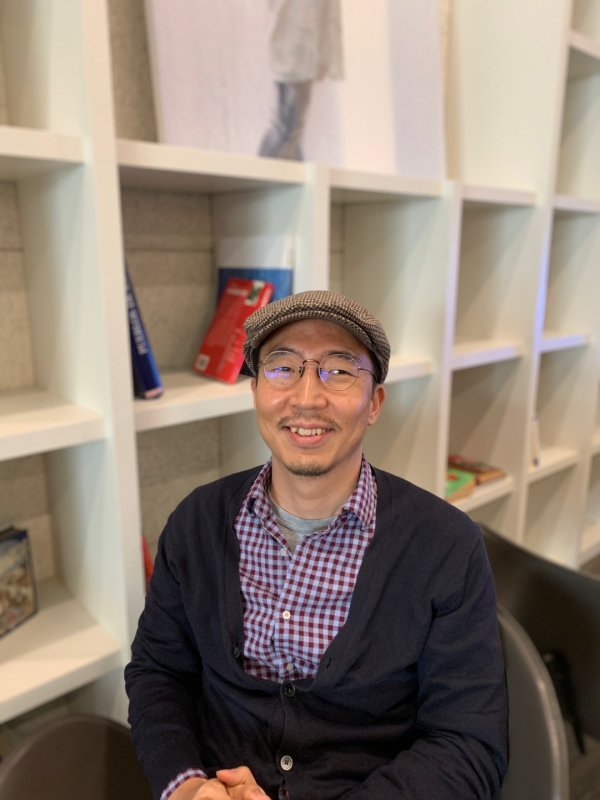Global Korean Studies

Global Korean Studies
The Covid-19 pandemic has deprived us of many great experiences in our daily life. And I want to count traveling abroad as one of the great joys that I am missing the most. In this first week, I surprisingly met many courageous young travelers visiting this campus as exchange students. So here is my salute to the brave explorers.
Going to a foreign land is always an exciting experience. And, who do you think the greatest explorer is in human history? Marco Polo? Ferdinand Magellan? To me, it is Aristotle. He was one of the most remarkable travelers. To be sure, he was the greatest philosopher, not a trailblazing journeyman. But, what I mean is that Aristotle’s books and ideas traveled across the globe. We often think that people and things are moving, but, in fact, what drives faster and further with more significant consequences is information. Words and ideas can go wherever people go, and new thoughts sometimes cause unprecedented changes. So, since Aristotle’s philosophy came to Korea in the early eighteenth century, the ancient Greek thinker was indeed a remarkable traveler.
How did Aristotle come to Korea about two hundred years ago? Silk Road? Marco Polo went from Europe to China through the medieval routes in Central Asia. And much earlier than Marco Polo, Xuanzang, a medieval Chinese monk, visited India via Silk Road and returned to Tang China with many valuable texts of Mahayana Buddhism. Journey to the West tells us that the Monkey King escorted him, but I am sure that real Xuanzhang did not rely on such a mighty monkey. Instead, the religious passion motivated the medieval monk to enter the difficult road that threatened his life almost every day. Likewise, Aristotle had to wait until Jesuit missionaries decided to enter China. Inspired by the successful mission work of Francis Xavier in Japan, the Society of Jesus began to send its young priests to East Asia. So, Matteo Ricci, an Italian Jesuit priest, entered Ming China and wrote books introducing European civilization to East Asian readers.
But did East Asia welcome Aristotle? It is an intriguing question that is difficult to answer. Aristotle and his texts were, in fact, controversial in Catholic Europe. Moreover, Europe itself re-discovered Aristotle from Arabic translations and commentaries, and non-Christian interpretations of Aristotelianism continued to conflict with the Roman Church. So, did Aristotle get welcomed in medieval Europe? Obviously, some did welcome, but some did not. And Jesuit priests learned Aristotle’s philosophy through the teaching of Thomas Aquinas. And, when Jesuits wrote books in classical Chinese on Christianity, they introduced Aristotle to East Asian audiences, for the first time, as a Christian philosopher.
A Korean thinker, Yi Ik, read Jesuit books with great interest and sincerity and discovered the name of Aristotle. One of many theories that caught the attention of the Korean man was the theory on the human brain. Yi Ik read from Jesuit books that the brain is the organ of human cognition and intelligence, but the new view could endanger the very foundation of the Confucian world. Since the times of Mencius, Confucianism had constructed its philosophy and worldview with the theory of the heart. According to Confucian and NeoConfucian thinkers, moral thinking occurs in the heart.
Sadly, Yi Ik and his students were few people who welcomed the traveler from ancient Greek. Many others rejected and ignored Aristotle, known as a part of Catholicism. But, the encounter between Koreans and Aristotle became a significant step toward the new age in Korean history. Unfortunately, travelers often faced unfriendly welcoming from hosting people because of their differences. Aristotle was one of the examples, and perhaps, one who experienced the most complex receptions in many foreign lands. So, it always needs courage, passion, and motivation to go beyond a comfort zone. So does the opening of a door to new people and ideas.

